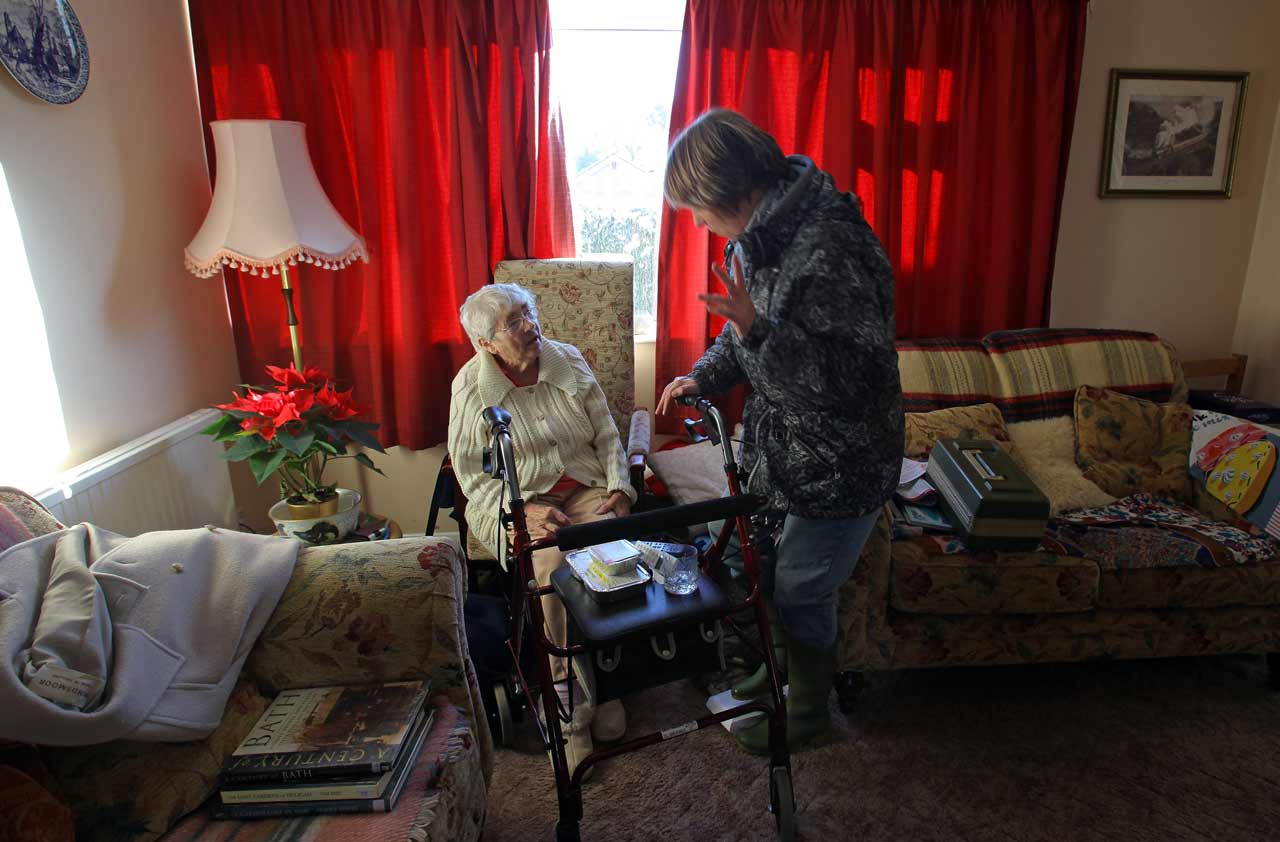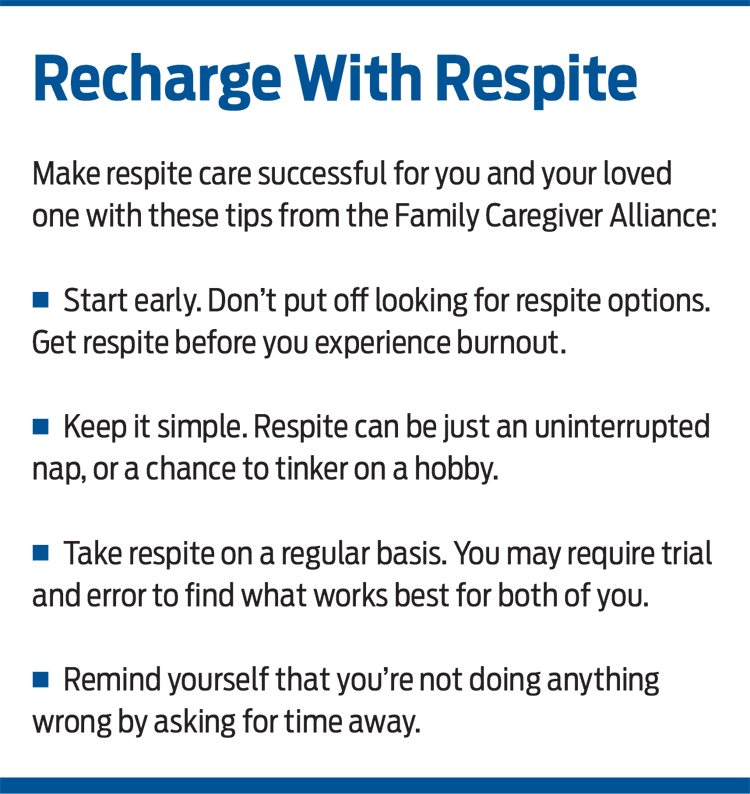
Profit and prosper with the best of Kiplinger's advice on investing, taxes, retirement, personal finance and much more. Delivered daily. Enter your email in the box and click Sign Me Up.
You are now subscribed
Your newsletter sign-up was successful
Want to add more newsletters?

Delivered daily
Kiplinger Today
Profit and prosper with the best of Kiplinger's advice on investing, taxes, retirement, personal finance and much more delivered daily. Smart money moves start here.

Sent five days a week
Kiplinger A Step Ahead
Get practical help to make better financial decisions in your everyday life, from spending to savings on top deals.

Delivered daily
Kiplinger Closing Bell
Get today's biggest financial and investing headlines delivered to your inbox every day the U.S. stock market is open.

Sent twice a week
Kiplinger Adviser Intel
Financial pros across the country share best practices and fresh tactics to preserve and grow your wealth.

Delivered weekly
Kiplinger Tax Tips
Trim your federal and state tax bills with practical tax-planning and tax-cutting strategies.

Sent twice a week
Kiplinger Retirement Tips
Your twice-a-week guide to planning and enjoying a financially secure and richly rewarding retirement

Sent bimonthly.
Kiplinger Adviser Angle
Insights for advisers, wealth managers and other financial professionals.

Sent twice a week
Kiplinger Investing Weekly
Your twice-a-week roundup of promising stocks, funds, companies and industries you should consider, ones you should avoid, and why.

Sent weekly for six weeks
Kiplinger Invest for Retirement
Your step-by-step six-part series on how to invest for retirement, from devising a successful strategy to exactly which investments to choose.
For two years starting in 2014, Gerald Johnson drove 110 miles round-trip, twice a week, to take his wife, Nadine, from their home in Auburn, Ala., to Montgomery. Nadine, 77, has Alzheimer’s disease, and after plenty of searching, Johnson found a respite-care program in Montgomery that greatly improved the quality of life for both of them. Nadine spent four hours each visit with volunteers who enthusiastically engaged with her and other patients with dementia, learning about their backgrounds, talking, singing and sharing meals, while Johnson got a much-needed break from his caregiving routine.
Johnson, a retired Auburn University political science professor, was so impressed with Nadine’s progress at the program that he began volunteering there, instead of going to lunch or doing errands. He also helped start a similar, faith-based volunteer respite effort in Auburn in 2016. “Respite has been a blessing beyond measure, in terms of contributing first to Nadine, and then to me as a care partner,” says Johnson, age 78.
For many exhausted caregivers, respite care is more an ideal than a reality. Nearly 44 million U.S. adults are family caregivers, but the vast majority of them—about 85%—aren’t receiving any kind of respite care, according to a survey by the National Alliance for Caregiving and AARP. Respite for a caregiver can come in a variety of forms: Perhaps it’s an hour or two off to take a class while someone else cares for your loved one, or it could mean utilizing adult day care or a supervised overnight or weekend visit to provide care.
From just $107.88 $24.99 for Kiplinger Personal Finance
Become a smarter, better informed investor. Subscribe from just $107.88 $24.99, plus get up to 4 Special Issues

Sign up for Kiplinger’s Free Newsletters
Profit and prosper with the best of expert advice on investing, taxes, retirement, personal finance and more - straight to your e-mail.
Profit and prosper with the best of expert advice - straight to your e-mail.
Respite-care services typically are limited, and there’s little public awareness of the programs that do exist. There’s also a shortage of workers to provide respite for caregivers and few financial resources to help families pay for it, says Jill Kagan, director of the ARCH National Respite Network and Resource Center, an advocacy and research group. “Caregiving is incredibly stressful, and respite is a critical need,” she says. “It’s just nearly impossible to provide 24-7 care and to work without a break.”
Finding respite options is just part of the challenge. Tired caregivers sometimes refuse to allow themselves a break. A parent may complain that he won’t feel comfortable with someone else. Or caregivers picture a relative left alone at an understaffed program.
If you’re considering respite, you’ll need to start by letting go of that guilt and giving yourself permission to step back, says Molly Fogel, director of education and social services at the Alzheimer’s Foundation of America. You need time to go to the coffee shop, the library or yoga class to recharge your batteries.
The Alzheimer’s Foundation has a helpline staffed seven days a week by social workers, who can counsel you on ways to permit yourself respite, says Fogel. Call 866-232-8484. You also can use it to find local respite or adult day-care services.
It may take some time and multiple phone calls to find respite options, says Kagan. But there also are promising new programs, from respite-care camps that give you a weekend off to assisted-living centers that provide respite.
In Montgomery, the respite program is offered four days a week and costs $40 a session, with about 55 families taking part each week. The program has attracted national attention for offering respite that gives patients a sense of purpose while allowing their caregivers a break, says Daphne Johnston, Respite Ministry director at the First United Methodist Church, in Montgomery. (To learn more, go to fumcmontgomery.org/respite.)
Ask your local churches or synagogues if they offer services such as home visits or even just taking your parent out to lunch. Your loved one’s Alzheimer’s or dementia specialist may also be able to refer you to available respite care in your area.
Look for Respite Options
To find respite-care programs or services in your community, use the ARCH National Respite Locator Service. Click on your state for details on individual providers, how to access a Medicaid waiver to pay for care if you qualify and other respite options. Arizona and South Carolina, for example, are among several states that offer voucher programs to pay a friend or relative to provide respite.
The locator also includes contacts for the federally funded Lifespan Respite Care program in your state, another central point of information for state and federally funded programs in your area. Keep in mind that programs will vary greatly from state to state, and they often are funded with minimal, one-time grants. ARCH has a fact sheet with additional resources titled “Nine Steps to Respite Care for Family Caregivers of Persons with Dementia” at archrespite.org. Your local Area Agency on Aging may also provide respite support through the government’s Family Caregiver Support Program. Use Eldercare.gov to find a local agency. To qualify, you must be a caregiver assisting someone 60 or older or an Alzheimer’s patient of any age. Medicare’s hospice benefit also covers some respite care. Contact caregiver advocacy groups for respite options. The Family Caregiver Alliance in San Francisco offers respite camps, where caregivers can take a weekend off while their loved one is cared for at a peaceful wooded retreat. The camps cost about $250.
Anna Cosby, 66, cared for her 99-year-old mother at home until last year and used the camps twice. “I think she really enjoyed it, and I did all the things I wasn’t able to do during the week when I’m with her,” says Cosby, who works for a health care company.
Ask a local assisted-living facility about respite. More communities are starting to offer nightly or weekend respite care, Kagan says, with fees of about $200 per night. In New England, Benchmark Senior Living offers 30-day respite at its 55 facilities, says Karen Bain, senior regional director of resident care. Costs start at $3,000.
If you can’t find help, create your own respite. On warm afternoons at her home in Berkeley, Calif., Cosby says she used to garden in the yard while her mother sat on the deck, knitting or coloring. “I tried to find things that would allow me to spend time with my mother and still get some things done,” she says.

Profit and prosper with the best of Kiplinger's advice on investing, taxes, retirement, personal finance and much more. Delivered daily. Enter your email in the box and click Sign Me Up.

-
 The New Reality for Entertainment
The New Reality for EntertainmentThe Kiplinger Letter The entertainment industry is shifting as movie and TV companies face fierce competition, fight for attention and cope with artificial intelligence.
-
 Stocks Sink With Alphabet, Bitcoin: Stock Market Today
Stocks Sink With Alphabet, Bitcoin: Stock Market TodayA dismal round of jobs data did little to lift sentiment on Thursday.
-
 Betting on Super Bowl 2026? New IRS Tax Changes Could Cost You
Betting on Super Bowl 2026? New IRS Tax Changes Could Cost YouTaxable Income When Super Bowl LX hype fades, some fans may be surprised to learn that sports betting tax rules have shifted.
-
 9 Types of Insurance You Probably Don't Need
9 Types of Insurance You Probably Don't NeedFinancial Planning If you're paying for these types of insurance, you may be wasting your money. Here's what you need to know.
-
 Amazon Resale: Where Amazon Prime Returns Become Your Online Bargains
Amazon Resale: Where Amazon Prime Returns Become Your Online BargainsFeature Amazon Resale products may have some imperfections, but that often leads to wildly discounted prices.
-
 457 Plan Contribution Limits for 2026
457 Plan Contribution Limits for 2026Retirement plans There are higher 457 plan contribution limits in 2026. That's good news for state and local government employees.
-
 Medicare Basics: 12 Things You Need to Know
Medicare Basics: 12 Things You Need to KnowMedicare There's Medicare Part A, Part B, Part D, Medigap plans, Medicare Advantage plans and so on. We sort out the confusion about signing up for Medicare — and much more.
-
 The Seven Worst Assets to Leave Your Kids or Grandkids
The Seven Worst Assets to Leave Your Kids or Grandkidsinheritance Leaving these assets to your loved ones may be more trouble than it’s worth. Here's how to avoid adding to their grief after you're gone.
-
 SEP IRA Contribution Limits for 2026
SEP IRA Contribution Limits for 2026SEP IRA A good option for small business owners, SEP IRAs allow individual annual contributions of as much as $70,000 in 2025, and up to $72,000 in 2026.
-
 Roth IRA Contribution Limits for 2026
Roth IRA Contribution Limits for 2026Roth IRAs Roth IRAs allow you to save for retirement with after-tax dollars while you're working, and then withdraw those contributions and earnings tax-free when you retire. Here's a look at 2026 limits and income-based phaseouts.
-
 SIMPLE IRA Contribution Limits for 2026
SIMPLE IRA Contribution Limits for 2026simple IRA For 2026, the SIMPLE IRA contribution limit rises to $17,000, with a $4,000 catch-up for those 50 and over, totaling $21,000.
